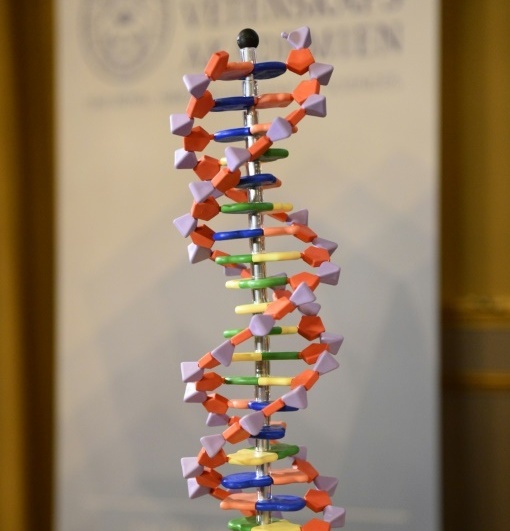DNA pioneers whose work opens door to cancer treatment win Nobel Prize
Scientists from Sweden, the U.S. and Turkey won the 2015 Nobel Prize for Chemistry on Wednesday for work which provides new ammunition in the war on cancer. Tomas Lindahl, Paul Modrich and Aziz Sancar mapped how cells repair DNA to prevent damaging errors from appearing in genetic information. In many forms of cancer, one of more of these repair systems is damaged. "Their work has provided fundamental knowledge of how a living cell functions and is, for instance, used for the development of new cancer treatments,“ the Royal Swedish Academy of Sciences said.
I’ve done significant work to deserve the prize but I was not expecting it this year. I wasn’t even aware that I was nominated
Aziz Sancar
Prof Sancar, a joint Turkish-U.S. citizen who claimed he was not even aware he was nominated, said his immediate plans were to shower, shave and go to his lab. Swede Prof Lindahl, who works at Britain’s Francis Crick Institute and Clare Hall Laboratory, said he was surprised by the news, although he knew he had been considered for a prize over the years, along with "hundreds of other people”. He said DNA repair played a vital role in human health and the work by Nobel trio over the years was important in pointing the way to better disease treatments, especially for cancer. Prof Modrich, the third winner, is a researcher at the Howard Hughes Medical Institute and Duke University School of Medicine in the U.S.
We can’t avoid DNA damage. We live in a world where we get exposed to DNA damaging agents all the time.
Tomas Lindahl

Science nobel chemistry